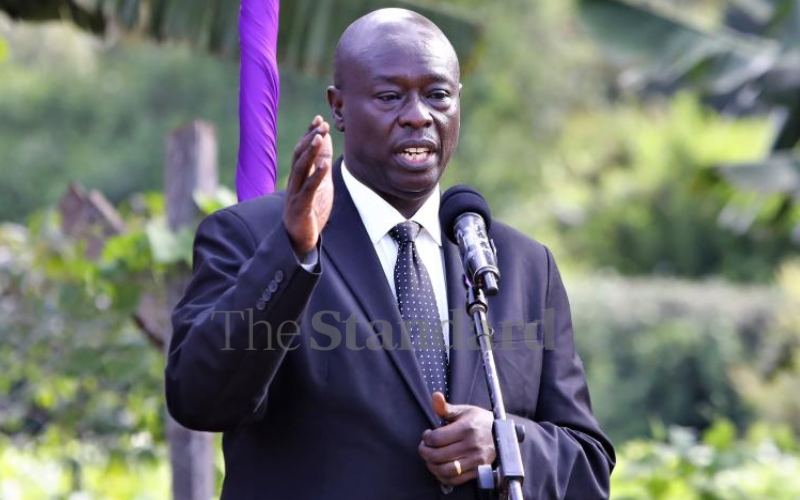×
The Standard e-Paper
Smart Minds Choose Us

By now, it is obvious to all and sundry that Kenya is in economic doldrums. With most metrics of development pointing south, it is natural that the economy of the country should occupy centre-stage of this year’s national election campaigns.
Should they win the presidency, Azimio la Umoja, led by the indefatigable Raila Odinga, have pledged to put at least two million households on the dole. Kenya Kwanza, led by William Ruto, have proposed the bottom-up economic model to uplift the indigent from a life of penury.